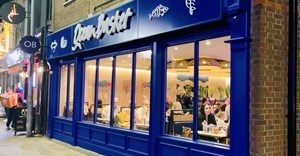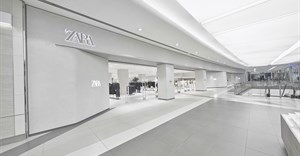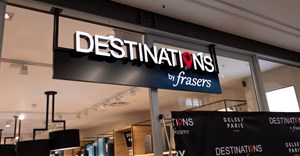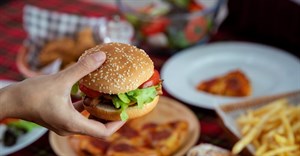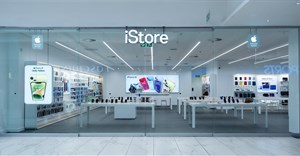Trending
Elections 2024
Jobs
- Operational Manager - Food Industry Mossel Bay
- Baker - Commercial Bakery Vereeniging
- Brand Ambassador Hazyview
- Field Sales Representative Hazyview
- Customer Sales Consultant Hazyview
- Sales and Marketing Management Hazyview
- Sales Promoters Hazyview
- Store Manager George
- Sales Assistant Hazyview
- Junior Sales Consultant Hazyview
Ocean Basket eyes growth in smaller restaurant format
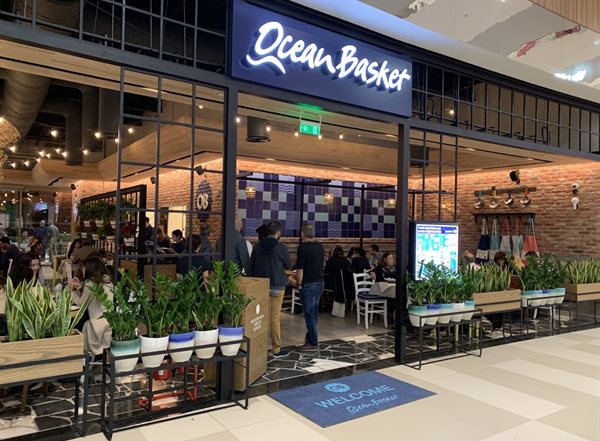
The company's business model has pivoted to include more restaurants that are smaller in size but designed to be more more efficient. The focus will be on the better use of less space instead of the large spaces it traditionally occupied in large mall developments.
In a statement, Ocean Basket says that while malls remain "a business imperative", strip malls and smaller, convenient neighbourhood centres are on the rise. The company notes that smaller stores need less staff, occupy less space and have lower development costs, which all have a positive effect on ROI.
Ocean Basket's head of strategy Jean Sloane says that there is a compelling proposition for space optimisation. “Rentals are at an all-time high and space is at a premium. Businesses need to innovate around these challenges.”
Larger Ocean Basket restaurants won't be disappearing for good though, as Sloane says there an opportunity for both bigger and smaller stores in a variety of locations.
“Because of our simple model – no complicated dishes, few ingredients, modular shop designs and the limited need for regular deliveries – we are ideally suited to do both. Small and big stores can deliver good ROI together.”
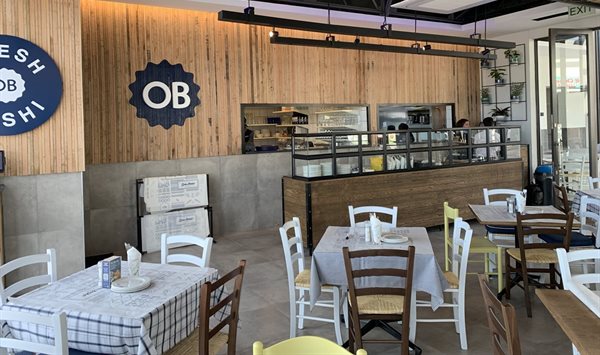
Return to roots
The first Ocean Basket restaurant opened by Fats Lazarides in Menlyn Park, Pretoria, in 1995 was a tiny 60mᒾ space with just six tables. The menu offered only a handful of dishes, and Lazarides knew customers by name and invited them to bring their own drinks and even their own salads.
Ocean Basket says this heritage is reflected in its choice to expand the number of smaller stores in local communities.
Learnings along the optimisation journey
Optimising one's store model is a journey of reinvention, cautions Sloane to franchisees.
“For the efficient store model to work optimally, you need to reinvent your whole business. It is a total change management project rather than just building an improved, more efficient store. Using data on sales, time studies and staff behaviour has liberated the process. It is an ongoing process of learning and enforcing new ways than developing a new model once-off.”
She adds that efficiency solutions are found in cross-functional teams rather than being remodeled by a store development team.
A key realisation for Ocean Basket during the shift in store formats is that franchisees cannot take the crew from a larger store and simply place them into a smaller store. “You need a change management process – they need to understand context, new and more disciplined processes and continuous training as they slip back into old habits, as well as different staff scheduling to ensure all staff is optimised fully.”
“We thought we knew how to do it with the first one. But in just one year we have further decreased BOH space by 25%.”











